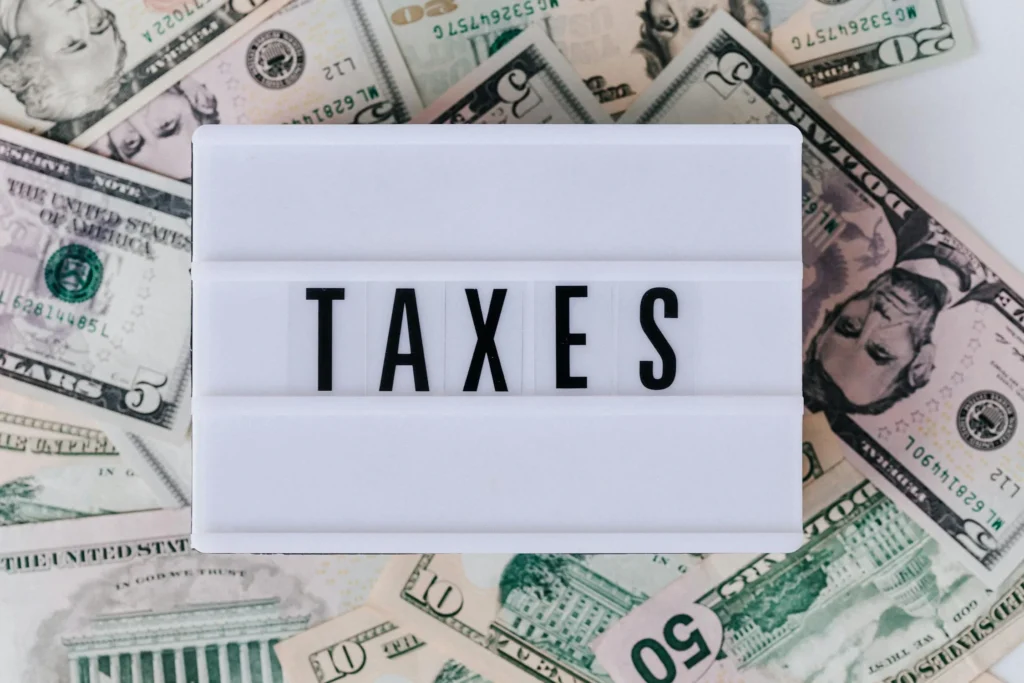What is Tax Planing?
Tax planing is a strategc aproach to minmizing tax liability legally. It invloves analyzing finances, investments, and exepenses to ensure that indivduals or bussinesses take advanage of all availble tax benifits, deductions, and credits. Proper tax planing helps in reducing the amount of taxes paid while ensuring complience with tax laws.
Importance of Tax Planing
Effective tax planing is crucial for both indivduals and businesses. It helps in:
- Reducing tax liability – By using deductions and credits wisely, you can lower the amount of tax owed.
- Improving savings – Less tax means more money saved for investments, retirment, or emergencys.
- Avoiding penalties – Proper planing ensures complience with tax laws, avoiding fines and legal issues.
- Enhancing finacial growth – Good tax planing contributes to better cash flow managment and investment growth.

Types of Tax Planing
There are severl types of tax planing, each serving a specific purpose:
1. Short-term Tax Planing
This type of planing is done at the end of a finacial year with the aim of reducing tax liability. It usualy invloves last-minute investments or making deductible expences before the finacial year closes.
2. Long-term Tax Planing
Long-term tax planing is done at the begining of a finacial year and invloves strategic decisions that will benifit an indivdual or business in the long run. This includes investing in tax-saving instruments and structuring income wisely.
3. Permissive Tax Planing
Permissive tax planing invloves using legal provisions to minamize tax liability, such as taking advatage of deductions availble under the tax laws.
4. Purposive Tax Planing
This type of planing is more strategic and invloves the structuring of finacial transactions in a way that minamizes tax outflows while ensuring complience with legal requirments.
Key Tax Planing Stratergies
1. Invest in Tax-saving Instruments
Investments in options like mutual funds, life insurence, retirment funds, and tax-saving fixed deposits can help in reducing tax liability.
2. Utilize Deductions and Exemptions
Understanding tax deductions and exemptions can signifiantly reduce the taxable income. Some common deductions include:
- Home loan intrest deductions
- Medical expences
- Charitable donations
- Education loans
3. Choose the Right Tax Regime
Governments often provide diffrent tax regimes with varing slab rates and deductions. Choosing the right tax regime based on your income structure can lead to significant tax savings.
4. Optimize Business Expences
For businesses, ensuring that all alowable expenses are properly acounted for can help in reducing taxable income. This includes office rent, travel costs, and profesional fees.
5. Plan for Retirment
Contributing to retirment savings accounts can not only secure the future but also offer tax benifits. Many governmnts offer tax deductions for contributions made to pension or retirment funds.
Common Tax Planing Mistakes to Avoid
While tax planing can save money, certan mistakes can lead to issues with tax authorites. Some common errors include:
- Not keeping proper records – Failing to maintain reciepts and documents can cause problems during tax filing.
- Ignoring tax deadlines – Missing deadlines can result in penalities and intrest charges.
- Overlooking deductions – Not claiming all eligble deductions can lead to paying more tax than necesary.
- Misreporting income – Inacurate reporting of income can lead to audits and legal consequences.
Tax Planing for Different Income Groups
1. Salaried Individuals
Salaried indivduals can use deductions availble under income tax laws, invest in tax-saving instruments, and claim expences related to work such as travel allowences.
2. Self-employed Individuals
Self-employed persons can deduct business-related expences and contribute to retirment funds to lower tax liability.
3. Corporations and Businesses
Businesses can benifit from tax incentives, depreciation claims, and structuring their finacial operations in a tax-efficient maner.
Conclusion
Tax planing is an essential aspect of finacial managment that helps indivduals and businesses save money legally. By understanding diffrent tax planing stratergies and avoiding common mistakes, one can ensure better finacial stability and growth. Effective tax planing requires staying updated with tax laws and making informed decisions throughot the finacial year.
